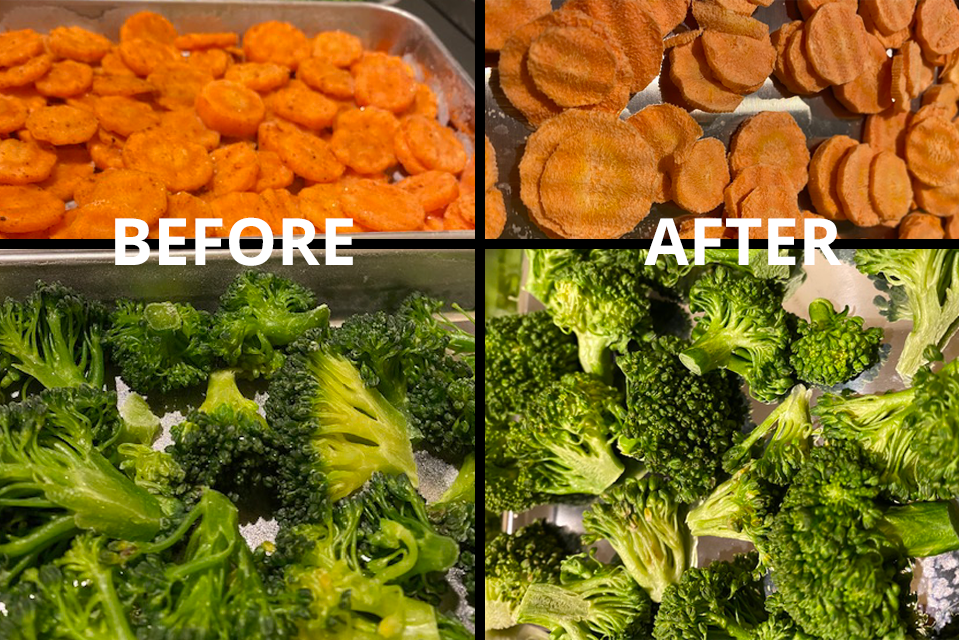When people hear the word “sustainability,” they often think of solar panels or electric cars—not freeze-dried strawberries or powdered vaccines. But lyophilization, or freeze-drying, is quietly playing a powerful role in making industries more sustainable. From reducing food waste to cutting down on energy use in supply chains, this high-tech preservation method is helping both businesses and consumers tread more lightly on the planet.
At its core, lyophilization removes water from a product while preserving its structure and quality. That may not sound groundbreaking, but in practice, it has a huge ripple effect—especially when it comes to waste reduction. Take food, for example. Every year, millions of tons of fresh produce are discarded because they spoil before reaching consumers. With freeze-drying, fruits and vegetables that are perfectly edible but slightly blemished or nearing their shelf life can be preserved instead of thrown away. That means less waste in landfills and more food in circulation.
But it’s not just about food waste—it’s also about packaging, transport, and storage. Lyophilized products are significantly lighter than their hydrated versions. Less weight means less fuel used during shipping and distribution. For companies that ship products across continents, this translates to a smaller carbon footprint. And since freeze-dried goods don’t require refrigeration, they can be stored and transported without the constant need for cold-chain logistics, which are energy-intensive and often prone to spoilage.

Another often-overlooked benefit is product longevity. Whether it’s a pharmaceutical product, a nutritional supplement, or a fruit snack, a longer shelf life means fewer expired items ending up in the trash. In healthcare settings, this is especially important. Freeze-dried medications and vaccines can be stored safely for years without losing potency—critical in remote areas where cold storage is unreliable.
Even in manufacturing, lyophilization offers some sustainable perks. The process, while complex, can be highly efficient when optimized. It avoids the need for harsh chemical preservatives, which often create environmental concerns during production and disposal. And because the end product retains much of its original value—whether that’s flavor, nutrients, or bioactivity—it often eliminates the need for additives or reprocessing.
Of course, like any industrial process, lyophilization does consume energy. But when weighed against the environmental costs of waste, spoilage, cold storage, and inefficient transport, it often comes out ahead. And as equipment becomes more efficient and technology continues to evolve, the sustainability benefits are only set to grow.
In a world where reducing waste and conserving resources is no longer optional, lyophilization is proving itself to be more than just a preservation method—it’s a smart, forward-thinking tool for a more sustainable future.